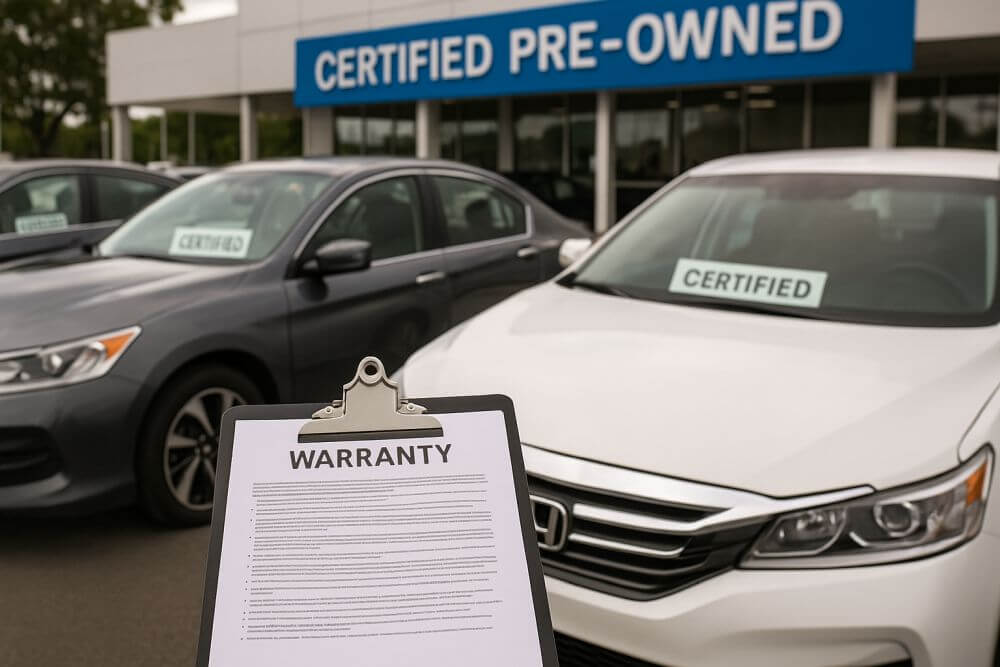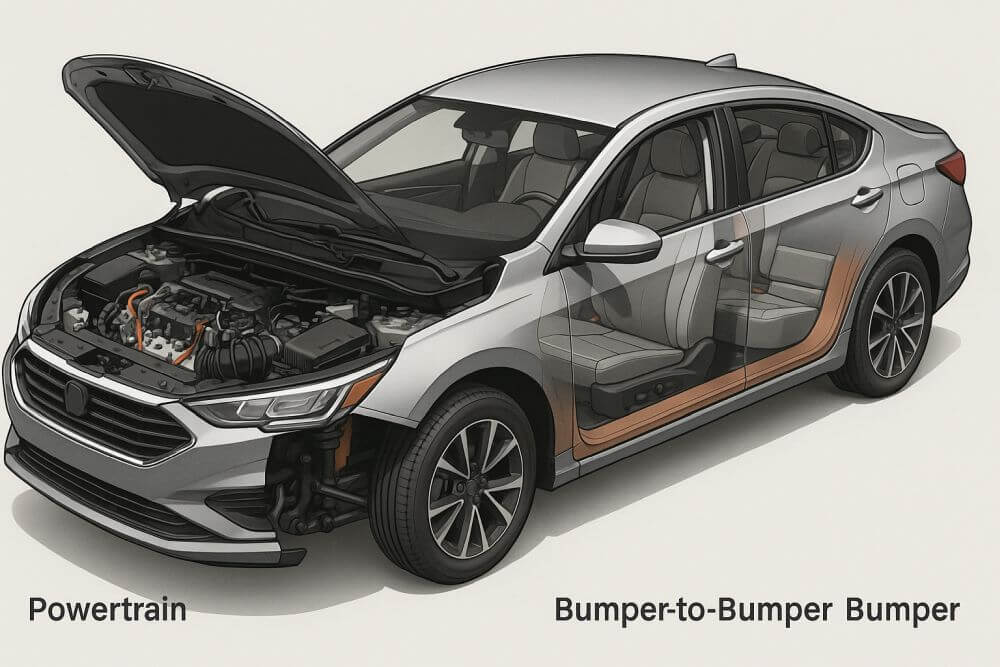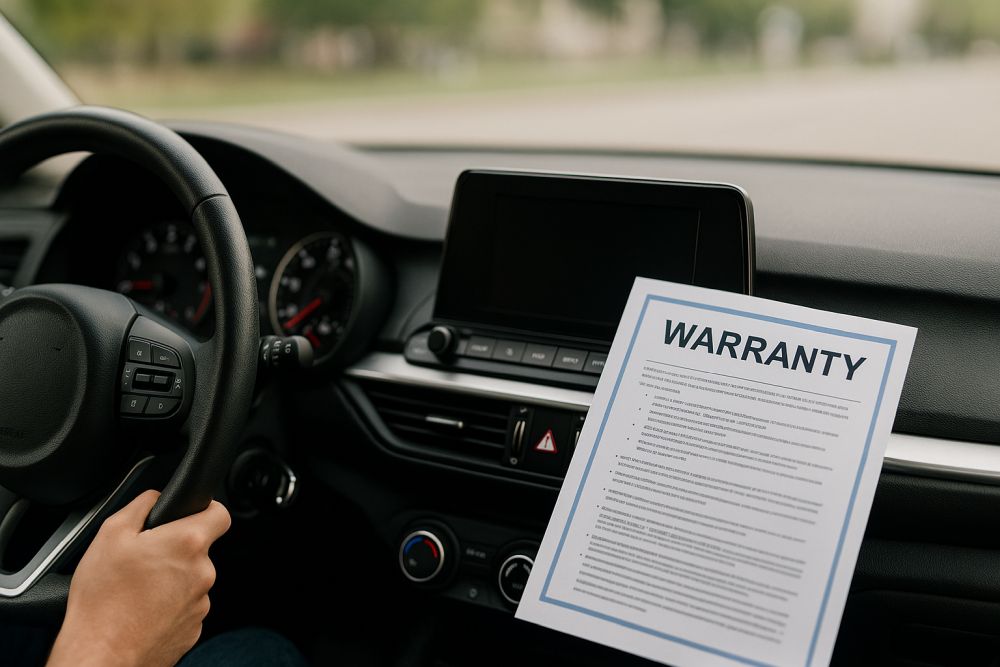Purchasing a used car can be an exciting yet nerve-wracking experience. The thrill of finding a great deal can be overshadowed by concerns about potential scams and fraud. From odometer rollbacks to misrepresented vehicle histories, scammers are always on the lookout for unsuspecting buyers. California’s bustling used car market offers plenty of opportunities, but it’s crucial to be vigilant to avoid falling victim to dishonest sellers. Here’s a guide to help you navigate the process and ensure a smooth, scam-free purchase.
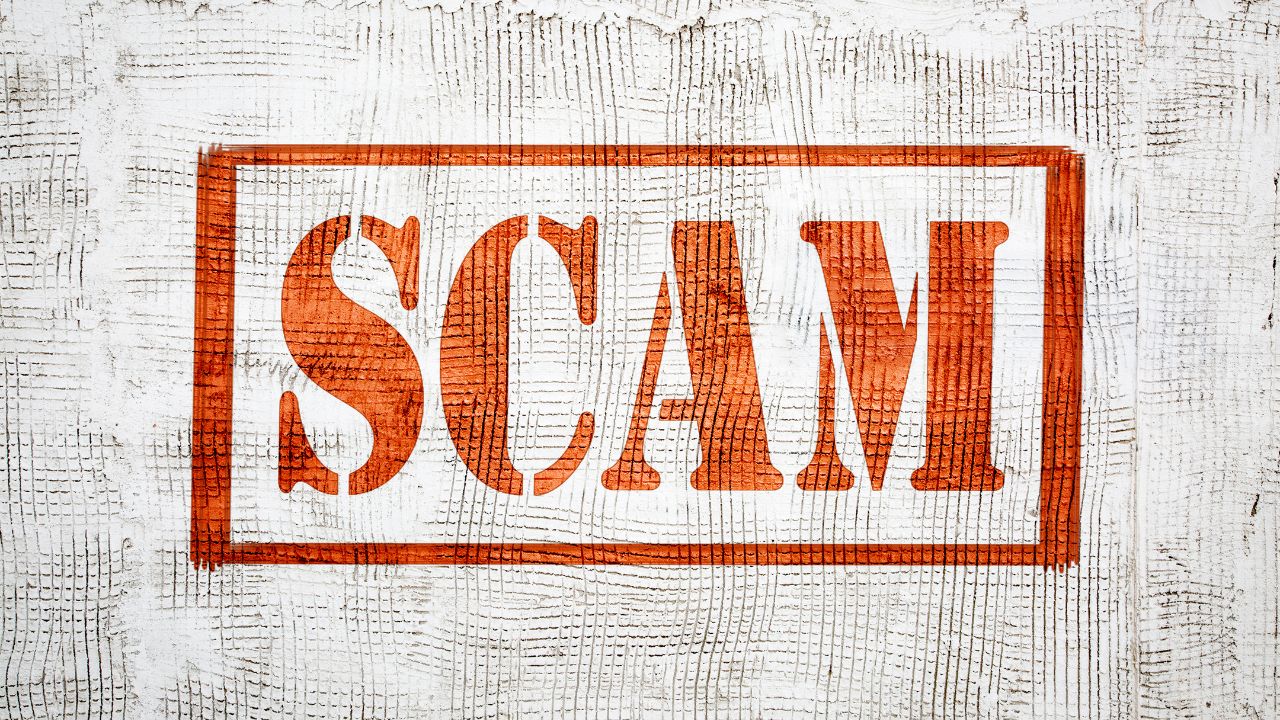
Research and Preparation
1. Set a Budget and Stick to It
Before you start browsing, decide on your budget. Consider not just the cost of the car but also insurance, registration, and potential repairs. Having a clear budget helps you avoid being swayed by tempting offers that might exceed your financial limits.
2. Research Vehicle History
One of the most important steps is to research the vehicle’s history. Check for any accidents, title issues, or odometer discrepancies. You can use a free license plate lookup in California tool to gather information about the car’s history using its license plate number. If you don’t have the plate number, you might need to find license plate number through the seller or DMV records to access this information.
3. Verify the Seller’s Credibility
Whether buying from a dealership or a private seller, ensure they have a solid reputation. For dealerships, check online reviews and ratings. For private sellers, consider asking for references or checking social media profiles to verify their authenticity.
Inspecting the Vehicle
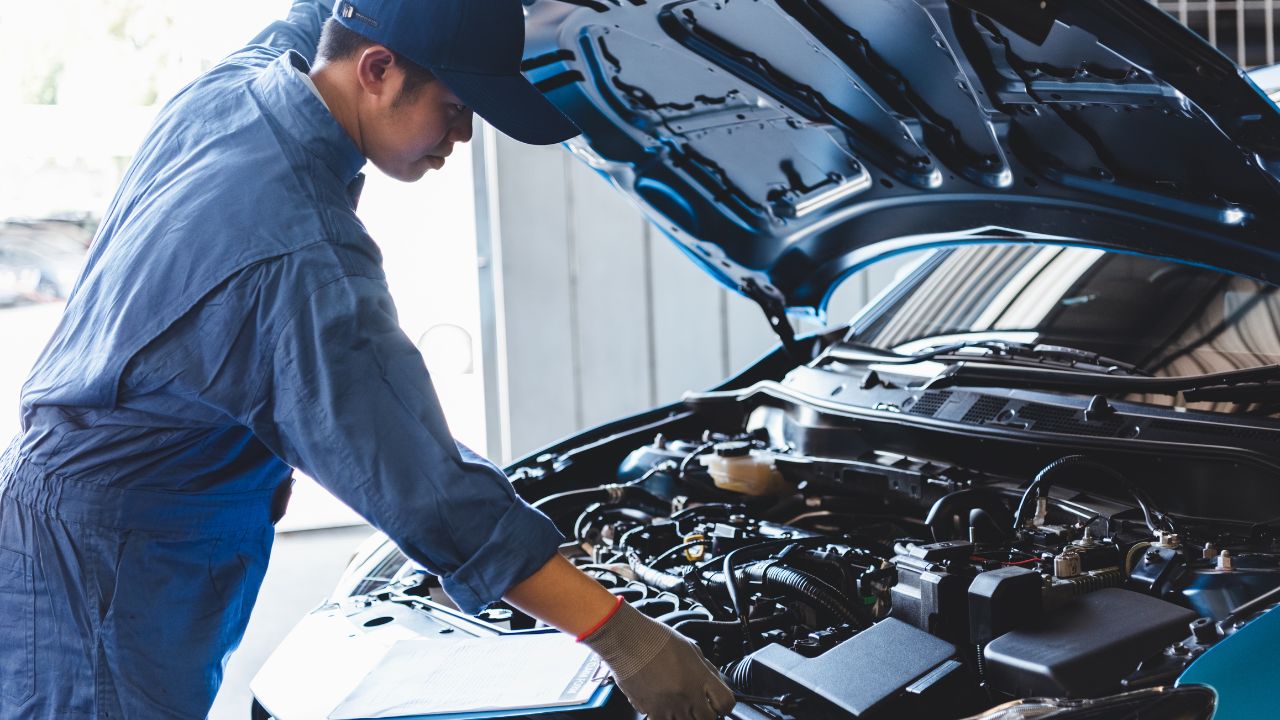
1. Conduct a Thorough Inspection
Always inspect the car in person. Look for signs of wear and tear that might not be mentioned in the listing. Pay attention to the following:
- Exterior Condition: Check for dents, scratches, and paint inconsistencies.
- Interior Condition: Look for worn seats, malfunctioning electronics, and any unpleasant odors.
- Under the Hood: Examine the engine for leaks or corrosion.
2. Take the Car for a Test Drive
A test drive is crucial to assess the car’s condition and performance. Listen for unusual noises and pay attention to how the car handles. Test the brakes, steering, and acceleration. Make sure all features and controls are working properly.
3. Get a Professional Inspection
Even if the car seems to be in good condition, it’s wise to have it inspected by a trusted mechanic. A professional can identify potential issues that might not be apparent during a casual inspection.
Checking Documentation
1. Verify the Title and Ownership
Ensure the seller provides a clear title and that it matches the seller’s name. A clean title means the car isn’t salvaged or rebuilt. If the title is branded as salvage, flood, or rebuilt, proceed with caution.
2. Confirm the VIN
Check that the Vehicle Identification Number (VIN) on the car matches the one on the title and registration documents. This step helps prevent buying a stolen or illegally altered vehicle.
3. Review the Maintenance Records
Ask for maintenance records to understand the car’s service history. Regular maintenance is a good sign of a well-cared-for vehicle. If records are missing or incomplete, it might indicate that the car wasn’t maintained properly.
Finalizing the Purchase
1. Negotiate the Price
Once you’re satisfied with the car’s condition and history, negotiate the price. Use the information you’ve gathered about the vehicle’s condition and market value to support your offer. Don’t be afraid to walk away if the seller is unwilling to negotiate.
2. Complete the Paperwork
Ensure all paperwork is completed correctly. This includes the bill of sale, title transfer, and any warranties or guarantees. Verify that the title is transferred to your name and that you receive all necessary documents.
3. Register the Car
After purchasing, promptly register the car in your name. This step ensures that the car is legally yours and helps avoid potential issues with registration fees and taxes.
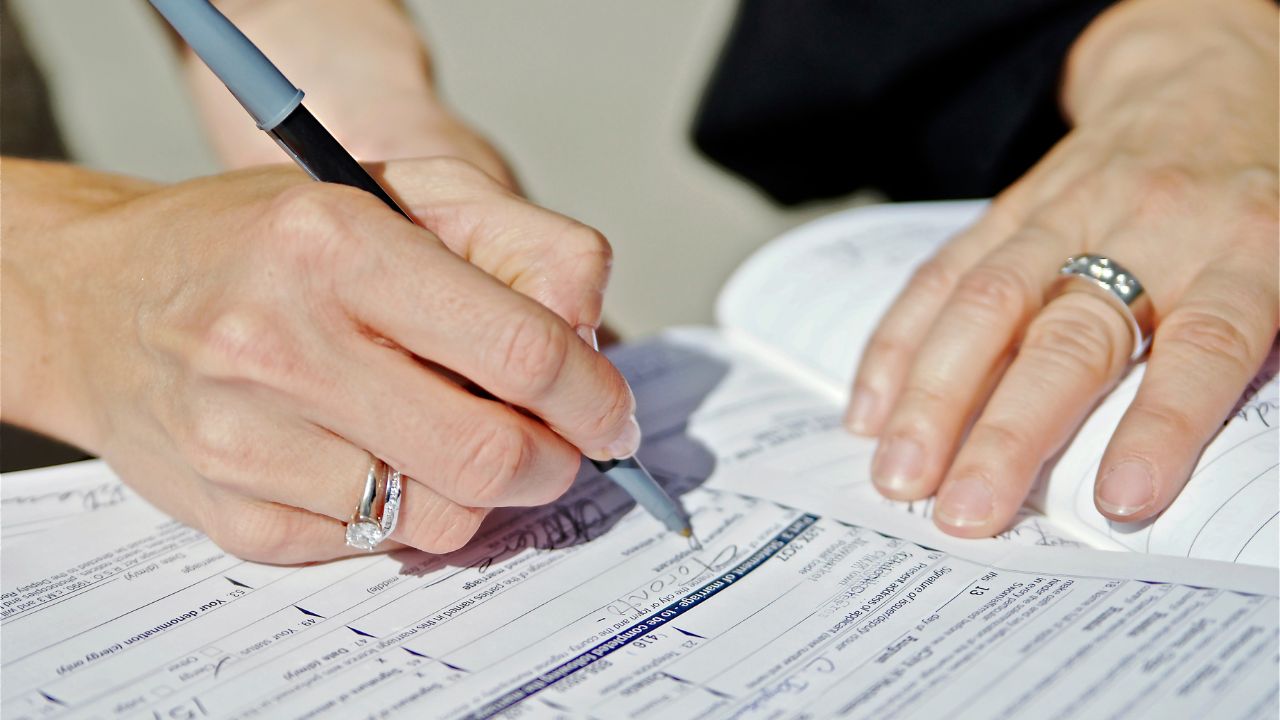
Additional Tips to Avoid Scams
- Beware of Too-Good-to-Be-True Offers: If a deal seems too good to be true, it probably is. Be cautious of sellers offering vehicles at significantly lower prices than market value.
- Avoid Cash Transactions: Use secure payment methods such as bank transfers or certified checks to protect yourself from fraud.
- Be Wary of Pressure Tactics: Legitimate sellers won’t pressure you into making a quick decision. Take your time to evaluate the car and the deal.
By following these steps, you can minimize your risk and enjoy a successful used car purchase. Remember, a little extra effort can save you from potential headaches and ensure you drive away with a great car, not a costly problem.
